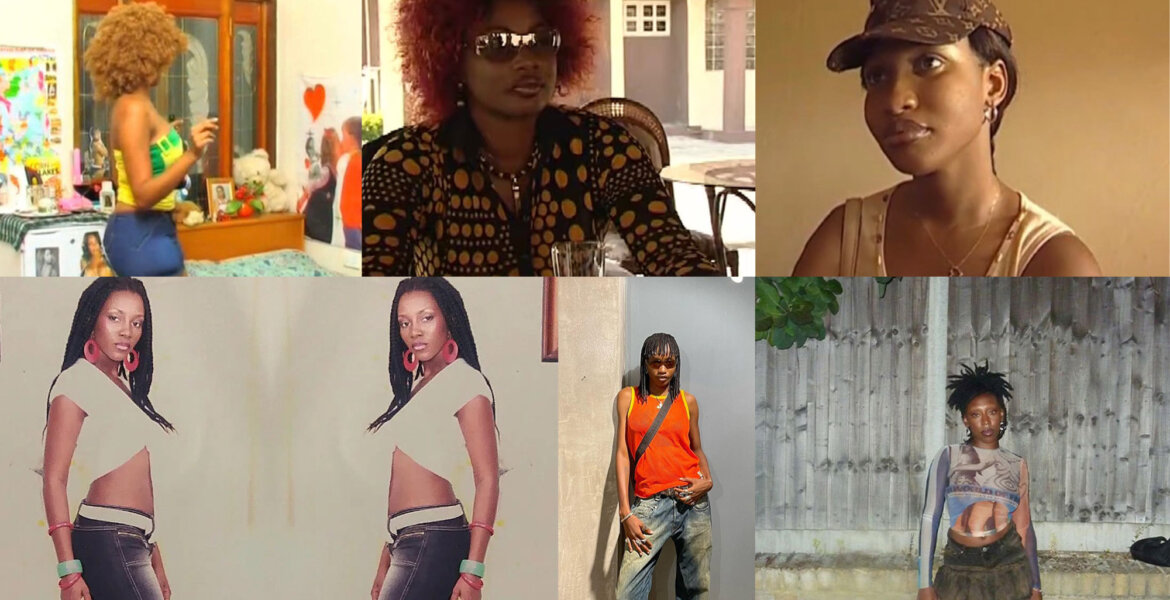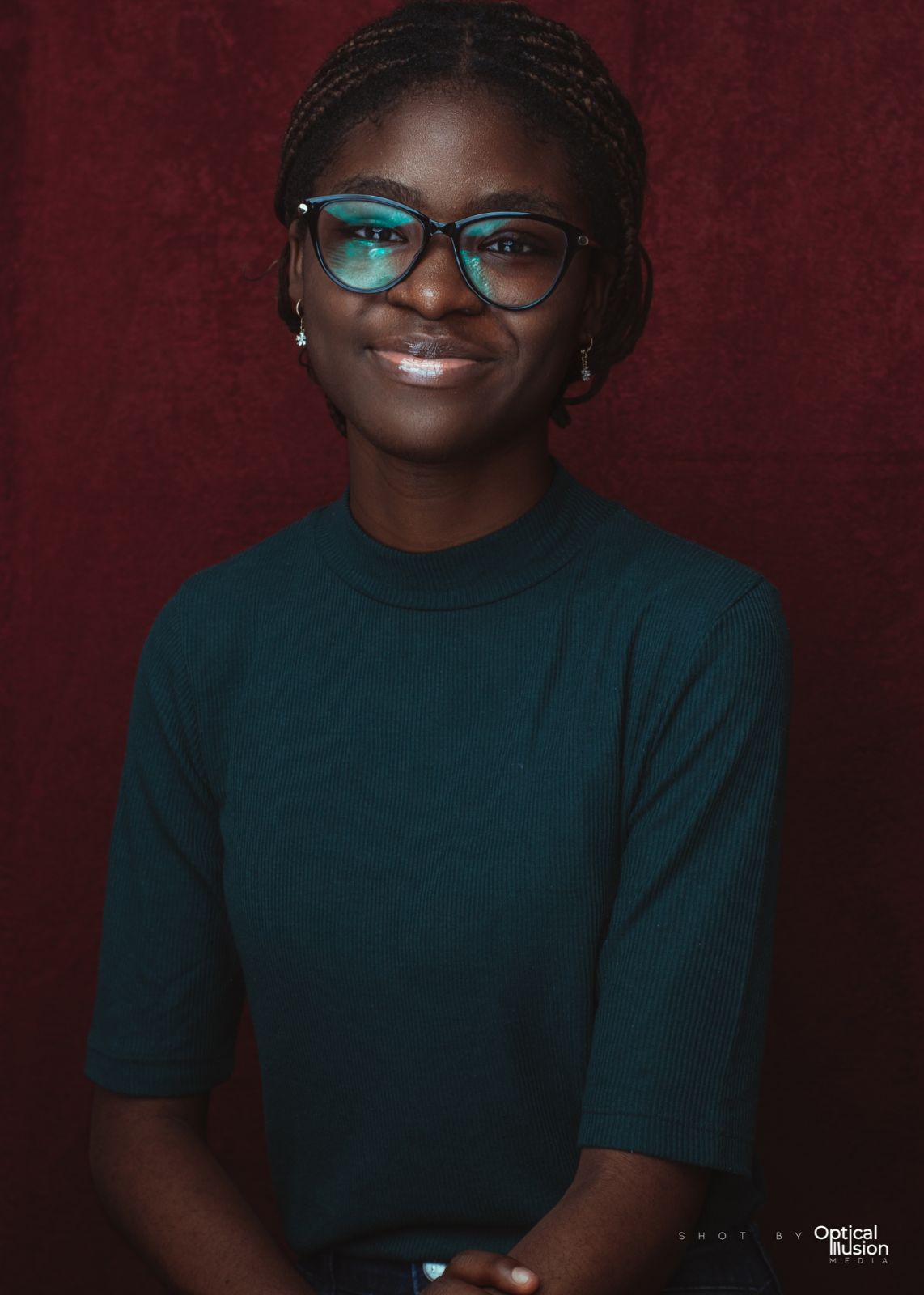Old Nollywood style, often called Y2K fashion, emerged after the Nigerian cinema boom during the 90s. It’s a style woven into the fabric of Nigerian culture and identity. While the term ‘Nollywood’ wasn’t coined until 2002, the industry’s roots trace back to the 1960s. However, in the late 90s and early 2000s, Nollywood found its unique voice and identity.
Iconic productions like ‘Living In Bondage’ acted as a catalyst, birthing a slew of cinematic gems such as ‘Glamour Girls,’ ‘Dangerous Twins,’ ‘Ripples,’ and many more, some of which have seen remarkable remakes in recent times. At first, met with scepticism due to perceived over-the-top acting and storytelling, these pioneering movies paved the way for a cinematic renaissance and, of course, a fashion revolution. The Old Nollywood style embarked on a journey, taking inspiration from America’s retro and hip-hop culture and then infusing it with a distinct Nigerian twist.
Yet, as is the fate of most fashion trends, it soon faded, quietly slipping into the fashion archives. Here, we witness the ever-rotating wheel of fashion, a phenomenon that mirrors the rhythms of life itself.
Nigeria’s fashion scene, like a grand stage, has seen trends come and go, from the regal peplums to the shimmering disco era and now the enduring allure of Old Nollywood style. Some trends linger, etching a lasting mark, while others gracefully bow out, reminding us of fashion’s transitory nature. Questions about consumerism and sustainability often arise within these cyclical patterns and concerns about the overshadowing of personal expression by fleeting trends.
Nevertheless, time has a peculiar way of reviving cherished memories. In the late 2010s and the ongoing 2020s, the allure of nostalgia surged, catalysed by Instagram pages like nolly.babes and yungnollywood. These accounts lovingly curated clips, images, and memes from those iconic Nollywood films. TikTok accounts danced into the scene, hosting Nollywood-inspired parties and tutorials, reigniting the enthusiasm for this extensive style.
Bello Yewande, Owner/ Founder of a thrift store called TLW Thrift, recalls some of the Nollywood-themed parties as a breath of fresh air, seeing different interpretations of the Y2K Nollywood style. “You would look at Nollywood style as something crazy, funny or even cringe, but these parties showed us they can be well-styled. It’s different for everyone, and you can see the confidence people walk with when they dress in that style.”
But the question remains: Is the old Nollywood style just a passing trend, or is this timeless fashion here to stay?
Understanding Old Nollywood Style
During the Nigerian fashion and beauty era, they celebrated boldness and glamour fervently. Charismatic stars like Genevieve Nnaji, Rita Dominic, Ini Edo, and more unapologetically flaunted their vibrant prints, daring colours, and iconic hairstyles, echoing an age of fearless self-expression that still reverberates in today’s fashion scene. The era showcased figure-hugging halter necks, flirtatious bandeaus, and disco-inspired flare jeans.
Makeup took on a distinctive palette, featuring shaved eyebrows that set the stage for expressive eye art, facial spots and two-toned lips. Hairstyles were equally audacious, from locs and braids to daring cuts and perms, embodying identity and nonconformity. Accessories like berets, ascot caps, hoop earrings, and baguette bags punctuated each ensemble with Old Nollywood’s definitive exclamation points.
These captivating trends have gracefully reappeared, reminding us of the era’s enduring influence.
The Revival of Old Nollywood Style
Today, as the current generation finds itself at a critical juncture, a profound yearning emerges to connect with the wisdom of bygone eras and extract valuable lessons from their triumphs. The glamorous, avant-garde style of old Nollywood resonates with our generation’s values strikes a resonant chord with our generation. It’s a style that refuses to be ignored, much like the voices of our generation – loud, conspicuous, and demanding of attention.
The Nigerian indie-soul singer Kammal Zulu, popularly known as Solis, talked to me on Instagram about the level of liberation this style brings. “Many older Nigerians tried to quell it; they describe it as waywardness, but when you look back at these Nollywood films, you realise that these older Nigerians were once fun and hip. Even if it was for a movie, it gave them the confidence to rock it and not take life too seriously! We’re only young once.”, she maintained.
This revival also aids in forming a robust Nigerian identity, where entertainment, media, and fashion industries are now mainstream, blending the old and new to redefine style.
From Graphic baby tees to beagle hats, Pith Africa, the renowned streetwear brand celebrated for its innovative take on these trends, comments that our generation is forging a stronger connection with our cultural origins. We take immense pride in integrating our rich heritage into the very fabric of what defines our style and comfort. It is, for us, a profound statement of identity and self-expression.
“Just like the enduring popularity of American styles from the 90s and early 2000s, the global influence of Afrobeats and African music has made fashion a vehicle for cultural expression. The Nollywood-centric interpretation of Y2K fashion, influenced by various versions worldwide, remains a perpetual source of inspiration.”, they added.
Beyond cultural significance, fashion designers and enthusiasts recognise the impact of iconic garments, accessories, hairstyles, and makeup from that era.
Multi-disciplinary creative stylist and researcher Feya Lanice adds that this solidifies the belief that Black people have always had a strong sense of style. “I think Nollywood, being a Nigerian production, also shows Black style from a non-western centric perspective, as when we think of the 90s and Y2K eras most people link it back to countries within the West, Nollywood shows how a style within Nigeria and Africa at large was and continues to thrive when it comes to fashion style.”
Timeless style we relate to
The rekindled fascination with Old Nollywood fashion is a testament to nostalgia’s immense power in the realm of style. Far from being just another transient trend, this fashion revival stands as a cultural emblem. It can remarkably shape our sense of style, identity, and perception.
In the current fashion landscape, we witness a striking trend – contemporary and streetwear designers and brands, such as Mejimeji Co, Hanifa, Orire, and Pith Africa, are drawing rich inspiration from this vintage style. This creative fusion between the past and the present breathes new life into Old Nollywood’s iconic elements, giving them a fresh, contemporary spin.
Feya recalls Ahluwalia’s AW22 Show Nollywood vs Bollywood and events that allowed people in the diaspora to dress their best in this style. “It staples a significant time within history. I think it has also been a great opportunity to introduce those who were not aware of Nollywood to it, and it has opened up a pathway to look at African style at large, as I am seeing more fashion style pages pop up that focus on different countries which are amazing”, she comments.
What distinguishes Old Nollywood style is its timeless magnetism, bridging millennials and Gen Z, celebrating our cinematic past’s legacy and promising future.
Beyond aesthetics, it pulsates with Nigerian youths’ heartbeat, mirroring diverse stories and aspirations. This freedom, the ability to take on any shape you want, whether fun, quirky, serious, ready-for-business or sensual, distinguishes Old Nollywood style from fleeting trends. Solis aptly deems it “history preserving, transforming, modernised.” Balancing authenticity with sustainable adaptation presents a notable challenge. Yet, it’s a striking testament to this style’s lasting appeal and influence that it continues to ignite the fashion world’s imagination even today.
Pith Africa champions community-driven streetwear, weaving diverse influences into fashion that resonates genuinely with young Nigerians. Their ethos revolves around creating a dynamic synergy between a self-expressive, youthful demographic and the ever-evolving identity of Africa. Notably, Pith Africa’s creations have found their way into the wardrobes of renowned figures, including Shomadjozi, Ayra Starr, Fave, and Blessing Ewona. “Our designs draw inspiration from our surroundings, encompassing elements of streetwear, Nollywood-core, ‘Yahoo-core,’ and other captivating style timelines that captivate and resonate with young Nigerians. By blending these diverse influences and reinterpreting them into trendy, functional, and sustainable fashion, we carve out our distinctive niche in the industry.”, they added.
So, the debate on whether the Old Nollywood fashion is a passing trend or a timeless style is finally over. Its resurgence is a testament to the enduring power of nostalgia and a reminder that fashion isn’t just about garments; it’s about storytelling, identity, culture and the unbreakable thread that connects generations.
Are you ready to embark on a journey through time, celebrating the glamour and charm of Old Nollywood fashion? Explore our curated collection and shop the Old Nollywood style that steps into the past while embracing the present.
Shop the Old Nollywood Style
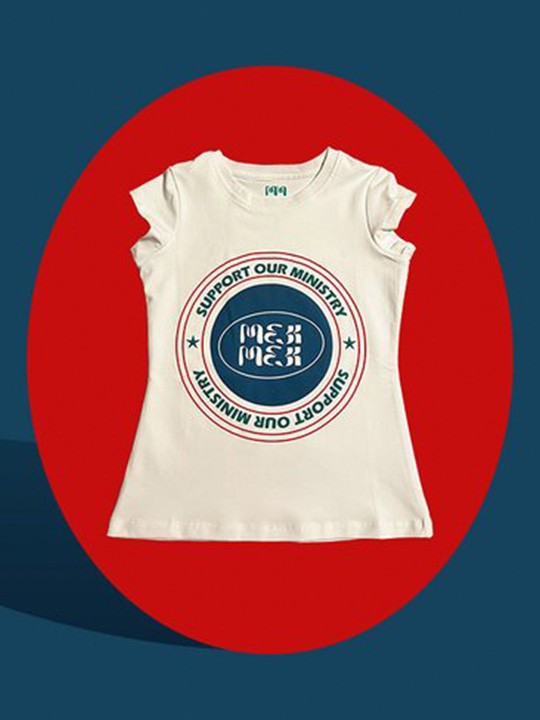
Meji Meji Member fitted baby tee
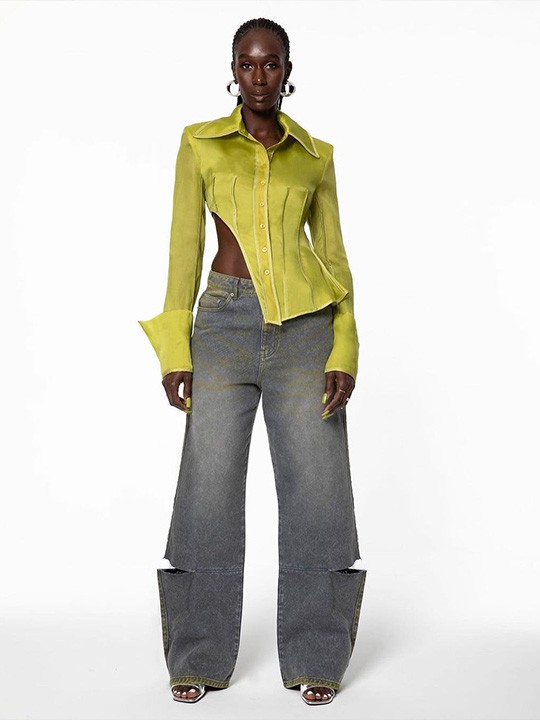

K Í L É N T Á R Black Mini Skirt
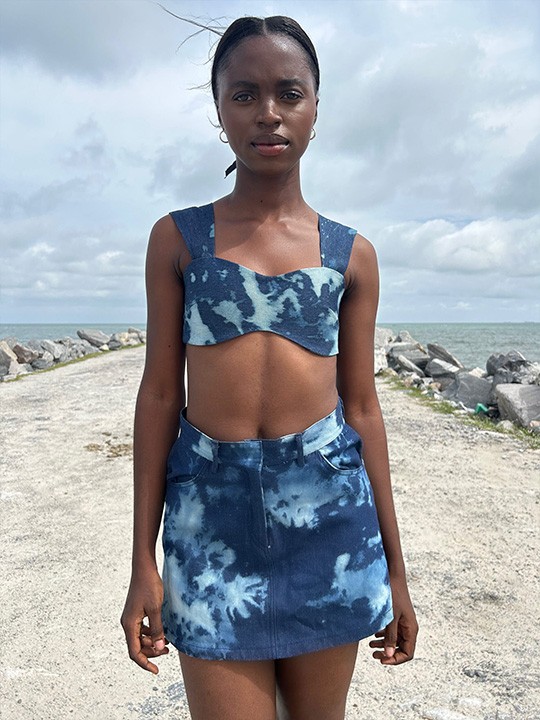
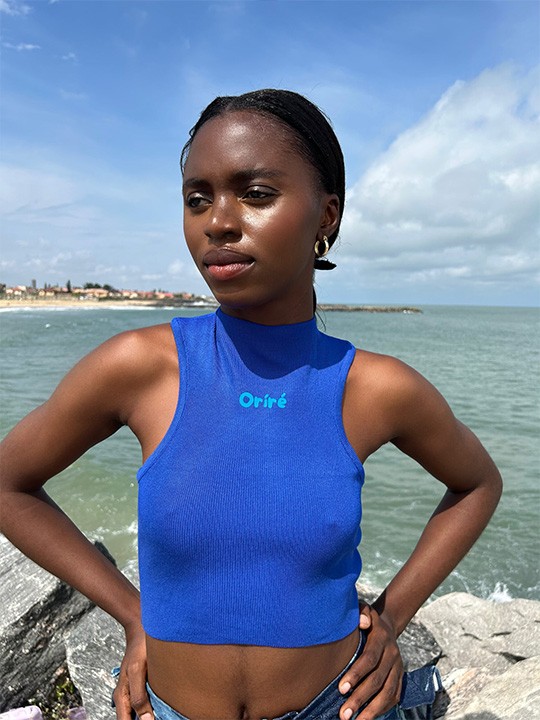
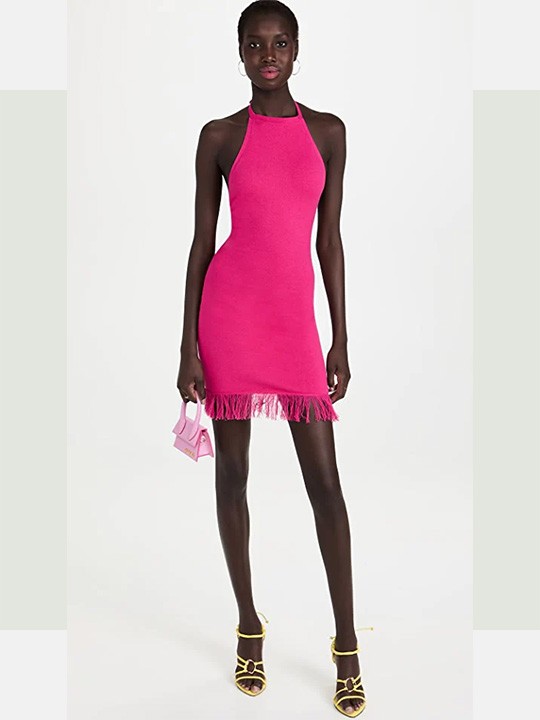
Folklore Ariana Crochet Dress
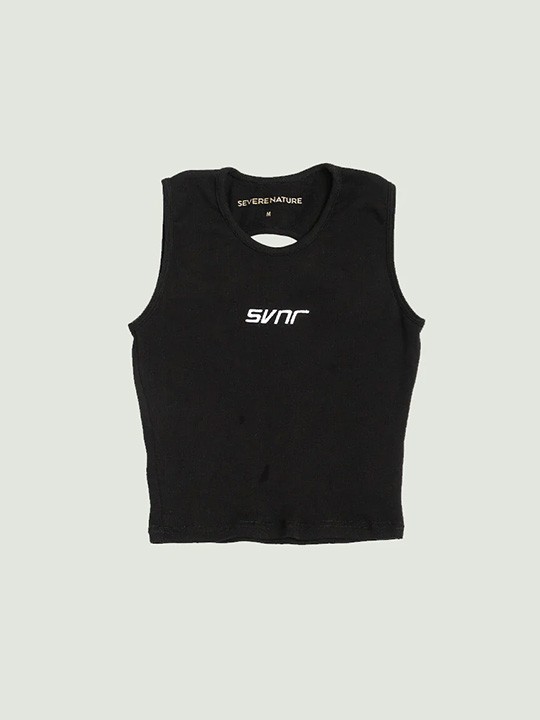
SVNR Essential Black – White Tank Top
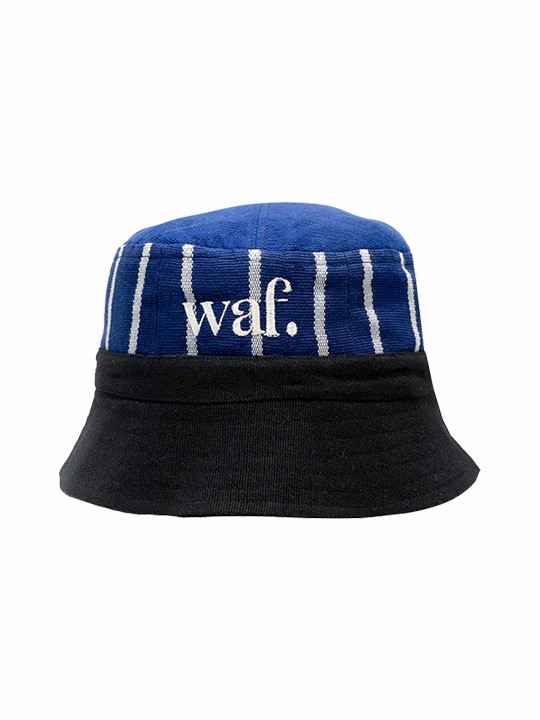
wafflesncream Striped Ijebu Bucket Hat

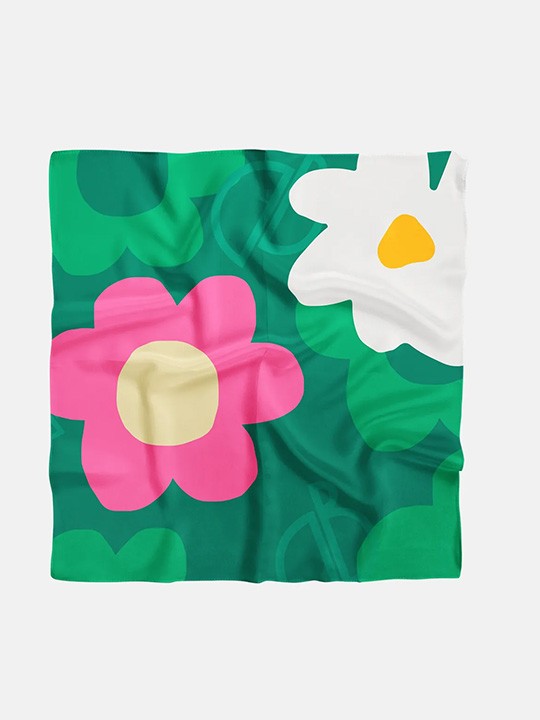
Garmspot Friends Floral Pattern Green Scarf
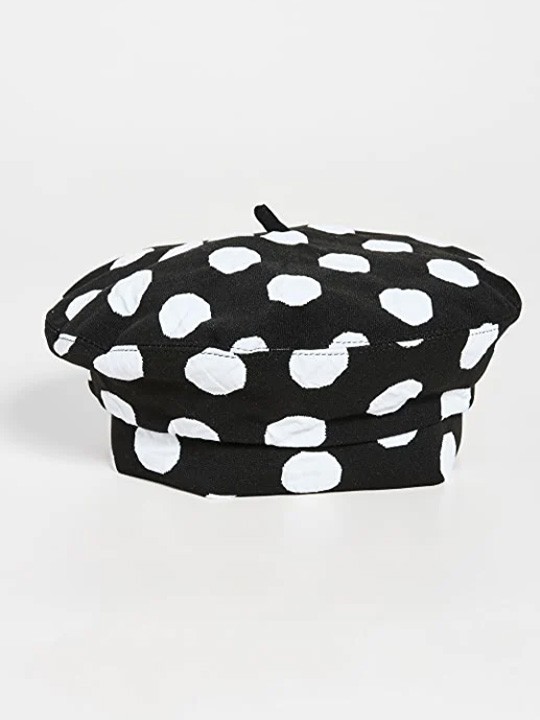
Folklore Polka Knit Beret
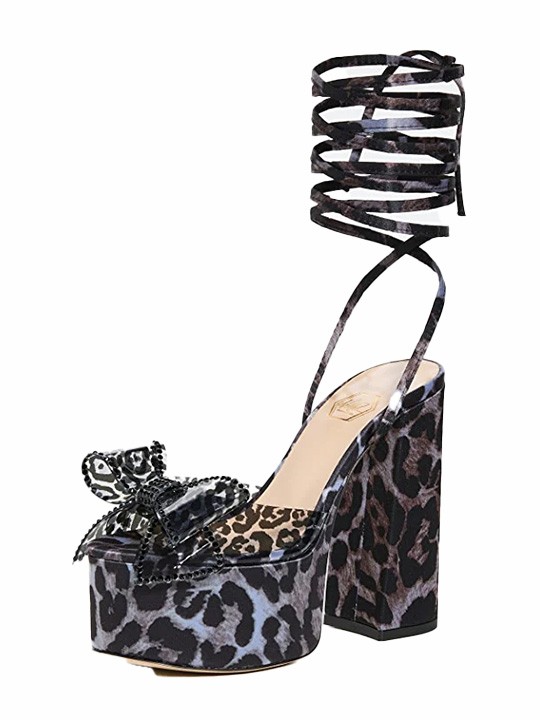
Folklore Dimante Leopard Print Platforms
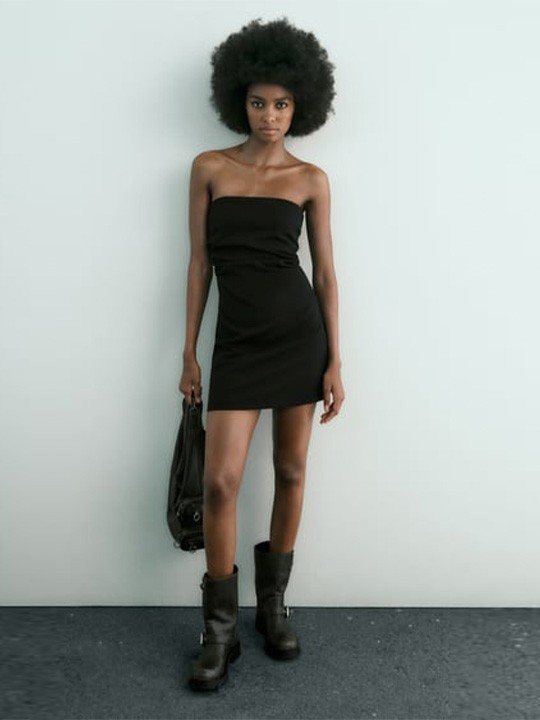
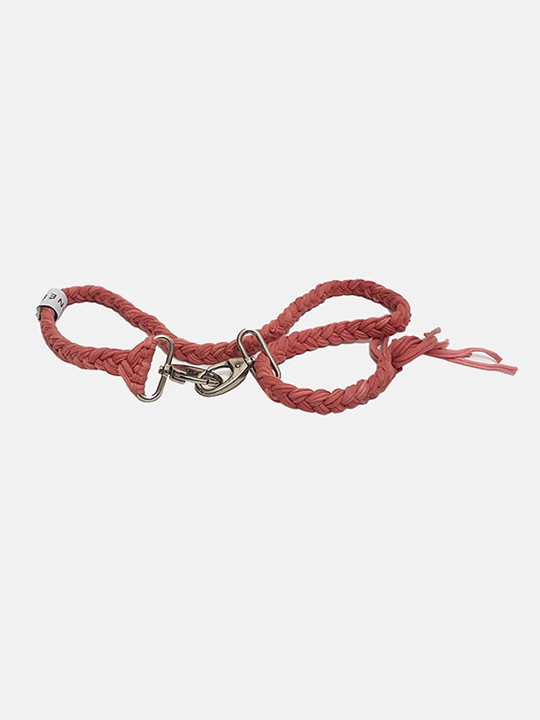
GARMSPOT Chunky Braided Chord Belt in Red

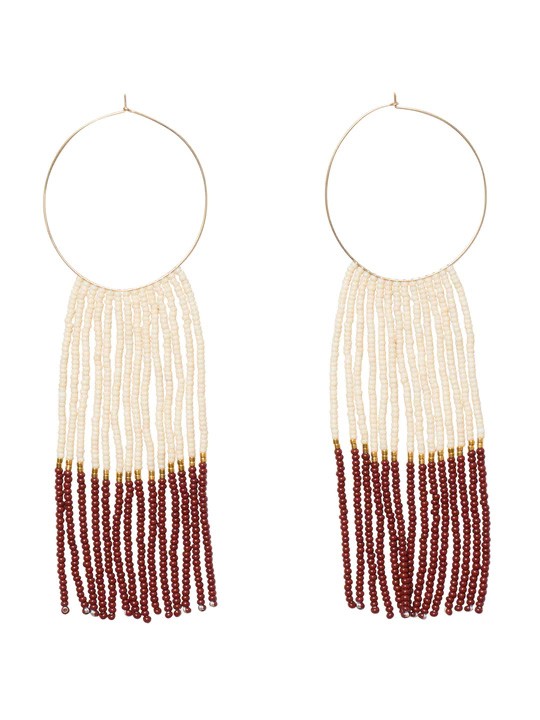
SIDAI DESIGNS Pembetatu Large Hoop Earrings

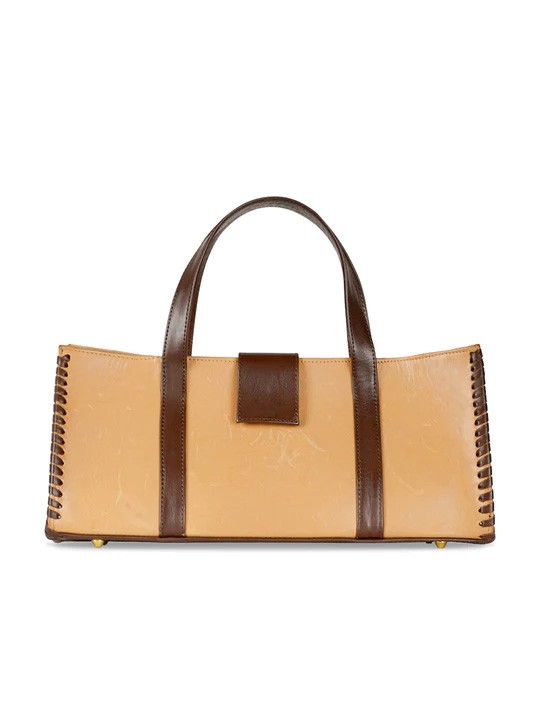
Ever rocked the Old Nollywood style? Share your stories, thoughts, and style snaps in the comments below. Let’s keep this fashion conversation going!

